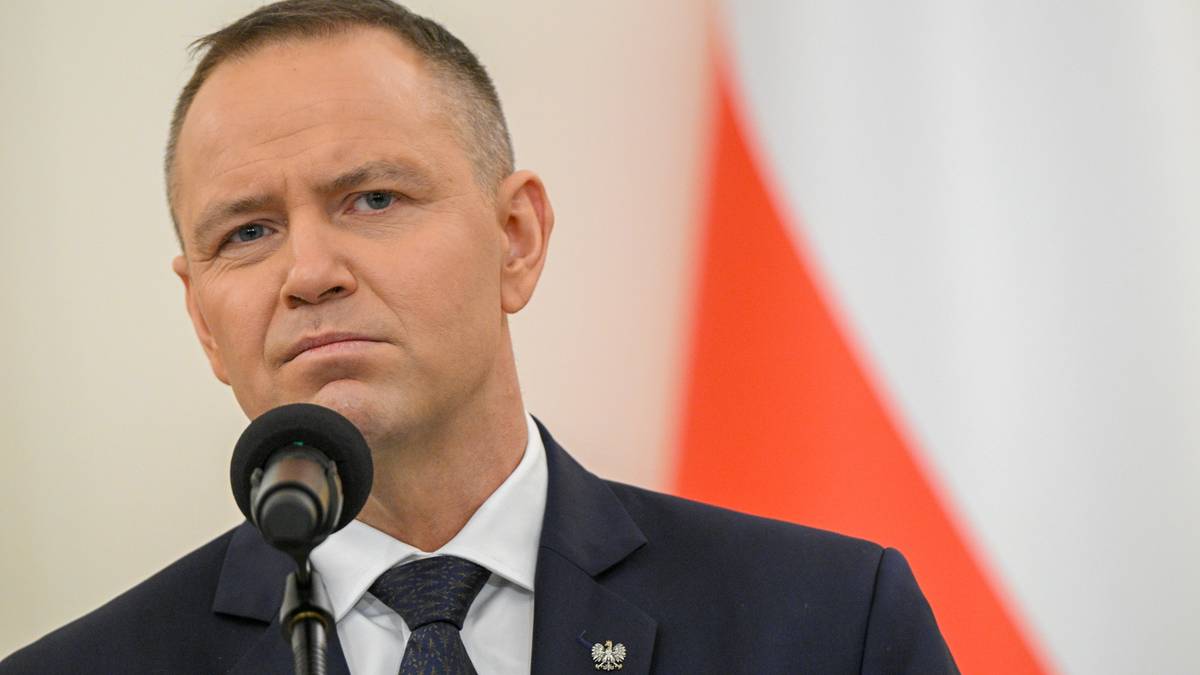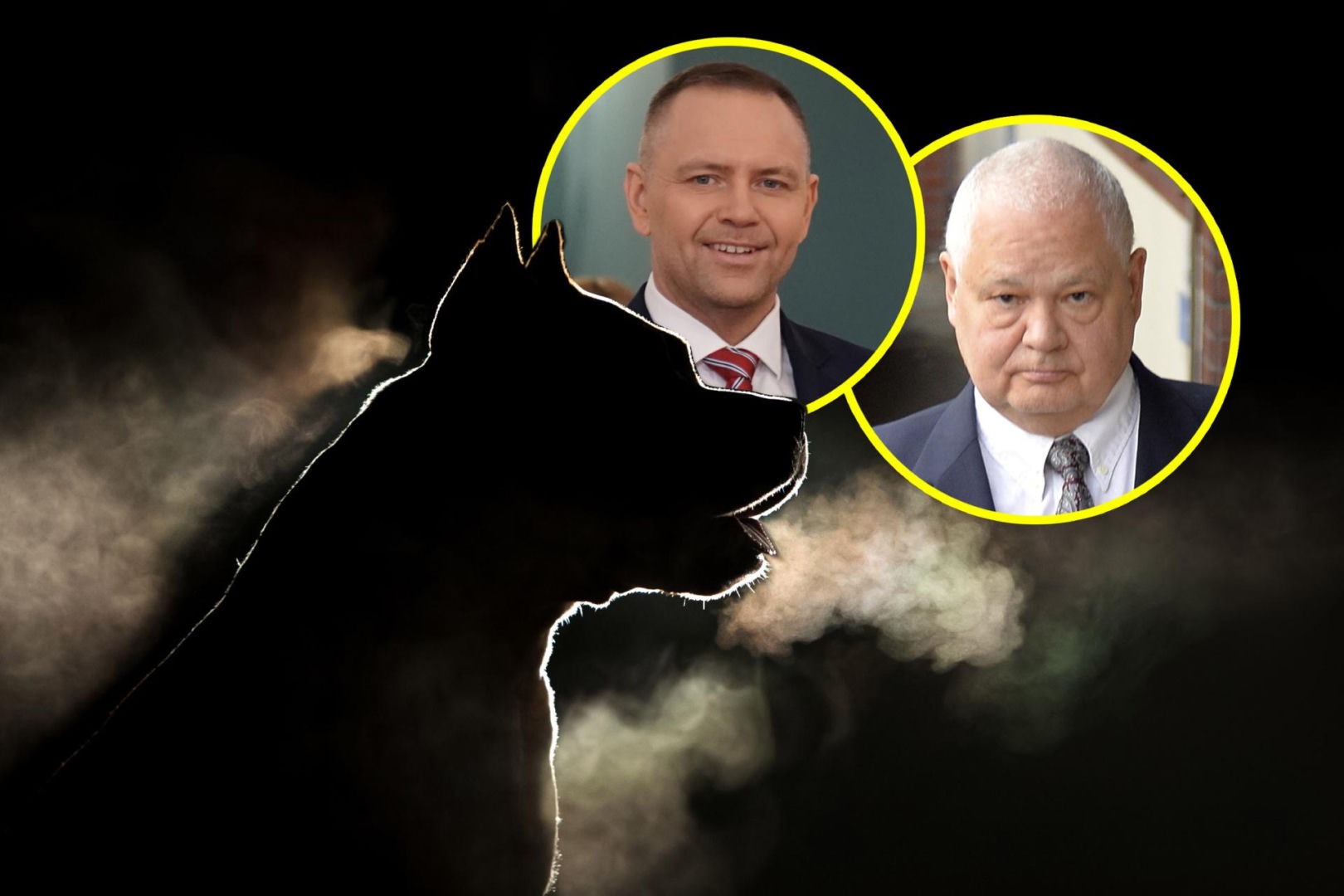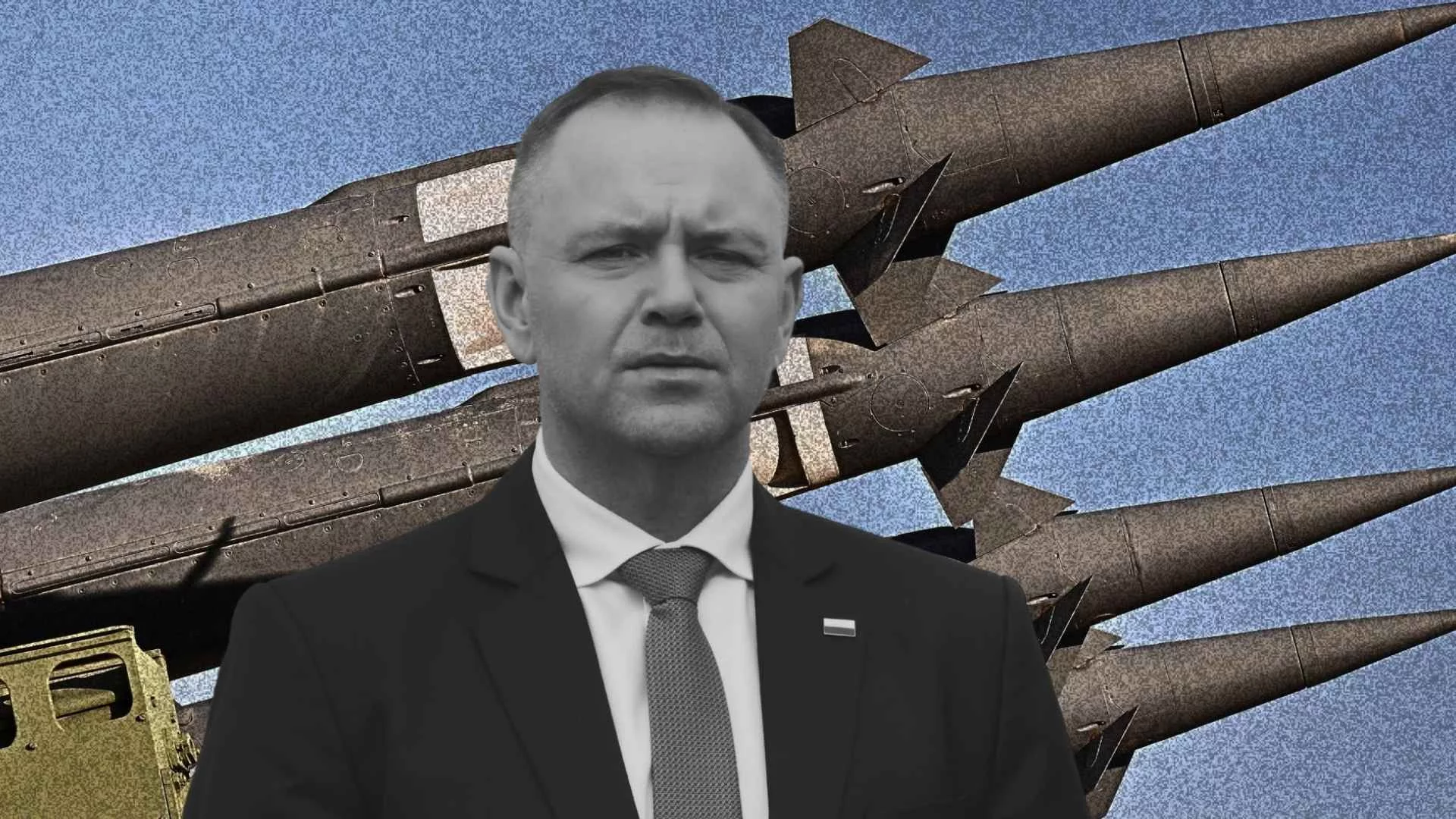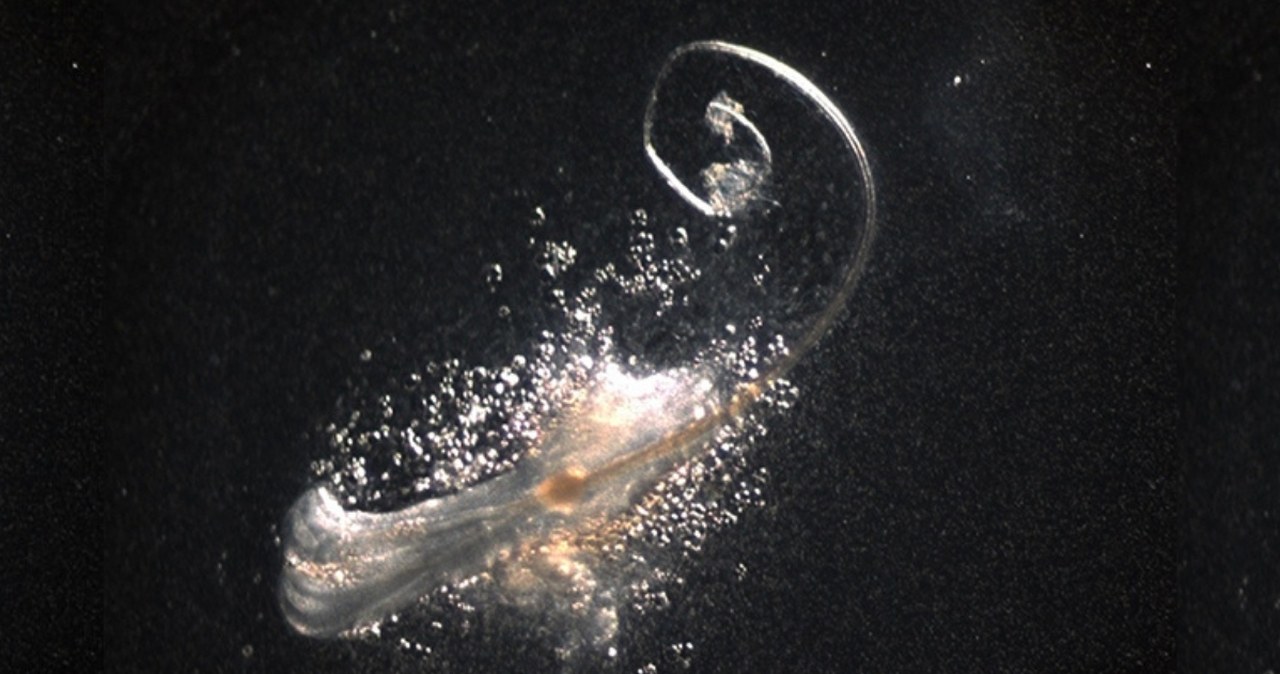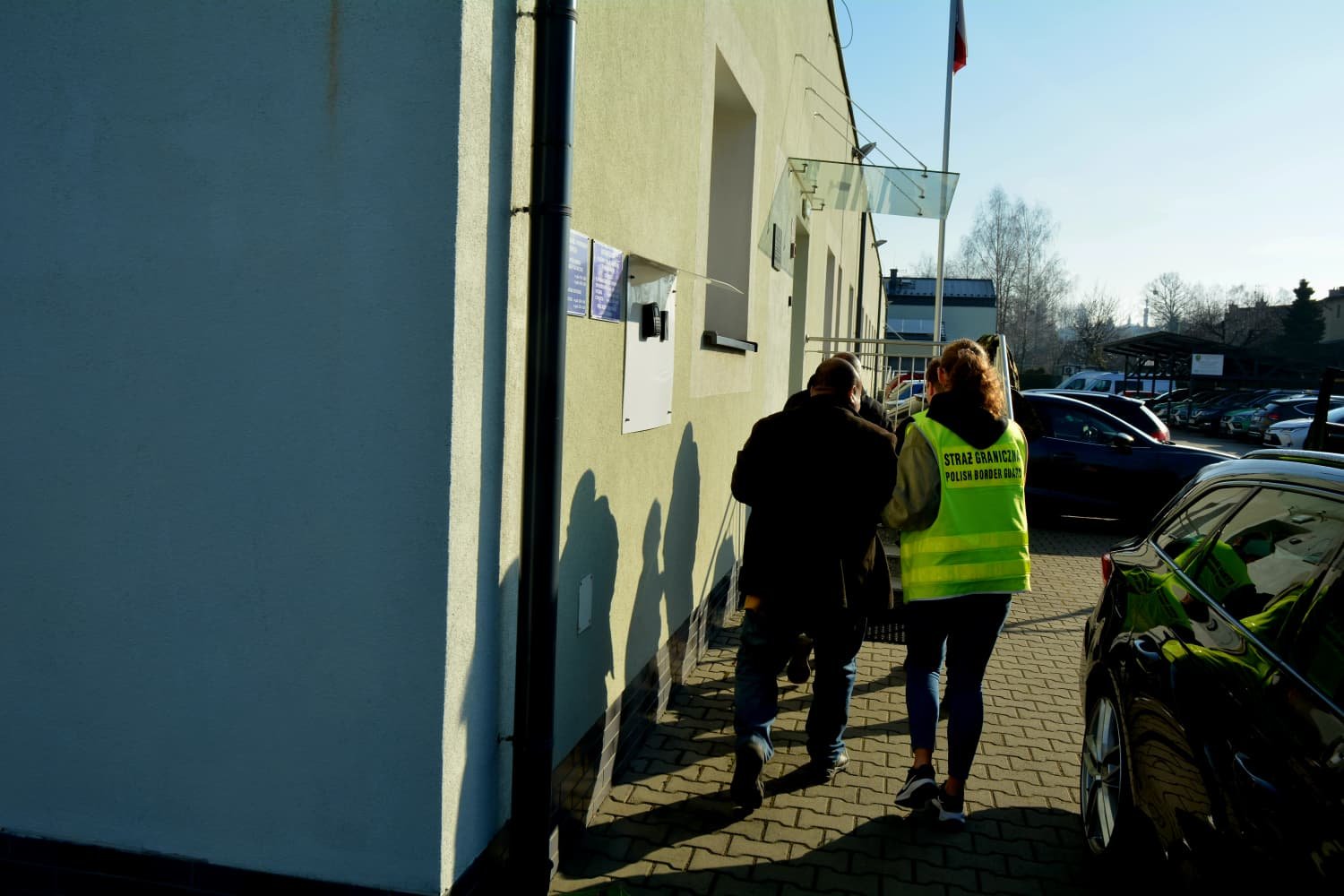
My country hated!
Shame of the night, alien from nowhere.
You were fortunate to the haunted,
to oppressors and slaves!
The earth that you bring forth,
And you're eager to lose and beat
not bought or sold,
But condemned to love you!
If eternal fear does not degrade,
Why are your nightingales silent?
Why on desecrated crosses
Your wax tears are frozen?
The dreams of your crucified,
soon, along the same route
For cursed, for close – alone
We'll go to martyrdom!
Out of your ways, the most terrible way -
I hatred between
And I love -
our humble, poor...
Bless your mother, stepmother!
Irena Ratuszinska, a Russian poet, was born in Odessa on 4 March 1954, in a household of Polish origin. Her great-grandfather died in the uprising, then my ancestors – Irina writes – lost their assets and moved to Odessa, and I learned Polish from books, and my own rebellious character of the poet attributes the legacy of Polish grandma (as Maryna Cwietayev spoke about herself) called to the KGB for going to church. In 1976 she graduated from physics at the University of Odski, then taught in advanced school physics and mathematics, was an assistant at the Pedagogical Institute. Poems started only at the age of twenty-five, and in 1979 – after getting married (to Igor Geraschenko) she moved to Kiev. Both hated russian lifestyles, dreamed of leaving the USSR. They were on the side of dissidents, lost their jobs, and lived off-the-job on the renovation of homes or fruit crops. On December 10, 1981, they took part in a demonstration in Moscow in defence of the exiled Sakharov, which they paid 10 days in prison. And after 13 XII 1981, Irina announced a text about the situation in Poland after the introduction of martial law. There were multiple repressions - interrogations, revisions or “warning talks”, and yet 17 IX 1982 Irena was detained in the village of Lisznia in Ukraine and carried in handcuffs to Kiev. She was accused of agitation and anti-Soviet propaganda, and her poems were considered peculiarly dangerous, and the above track tried to read in the last word, but her voice was taken away. Convicted in 1983 for 7 years of the camp and 5 years of exile, she besides spent 138 days and nights in a detention center, besides in a KGB prison in Sarańsk. After many harassments and illnesses (e.g. concussion or mammoth typhoon), it is not possible to mention everything that Ratuszinska suffered while serving punishment, while worldwide appeals for her release were being made. She was yet rescued by the thaw between the Soviets and the West, and released on 10 June 1986 (this anniversary is coming), and it was on the eve of Gorbachev's gathering with Reagan in Reykjavik. Irena Ratuszinska – along with her husband – was yet able to leave “a country hated” due to the fact that they were given asylum in London.
And here is how Josif Brodski evaluates her work: “Ratuszynska is an highly authentic poet, a poet with flawless hearing, equally delicate for historical and absolute times. It is simply a completely fulfilled poet, mature, with his own voice – penetrating, but without hysteria (...) although the influences of Saints or Achmatova can be seen in her poems.”
And at the end of her short but shocking poem, untitled:
Why are you dripping blue dew?
Our blood is on you, Rosjo!
With a white dress - on your dump
And honor – for your shame
Our luminous ash will fall.
And, well, you're warmed by motherhood?
( According to the publication of poems by Irena Ratuszinska in the selection and translation of Viktor Voroshilski in the Annex, London 1987)
And in 1984 Hermitage released in Ann Arbor (USA) announced a three-language selection of her poems (in Russian, English, French), which undoubtedly helped greatly in efforts to free the poet from the camp. From 1987 to 1989, she was with her household in the United States residing at Northwestern University, Illinois, and was awarded the Freedom Award at the Institute of religion and Democracy, then met with president Reagan. Finally, she spent 10 years in London, and after the dissolution of the USSR she returned with her household to Odessa, as she foretold in 1 of her old poems. She wrote fresh poems, raised 2 sons, but yet her wellness deteriorated after years of old repression. She died on July 5, 2017 in Moscow curing kidney cancer and mentioning that “Russian angels / like sparrows in the cold / frost in the morning / and from wires fall into snow”. Her erstwhile rebellious impulses and thirst for freedom were erstwhile attributed to her Polish genome, and unfortunately, the post-Soviet customs and freedom with democracy were again under lock in the homeland of the gulags.
Marek Baterovich


